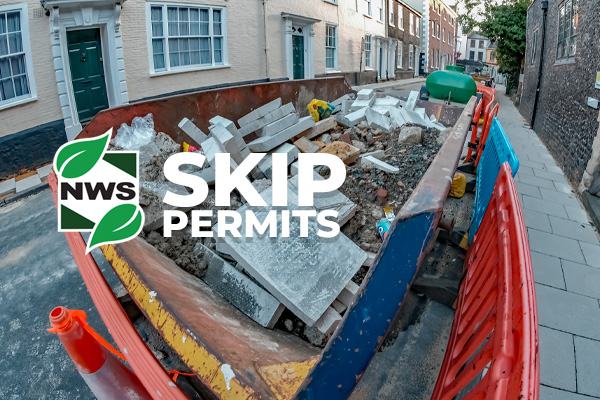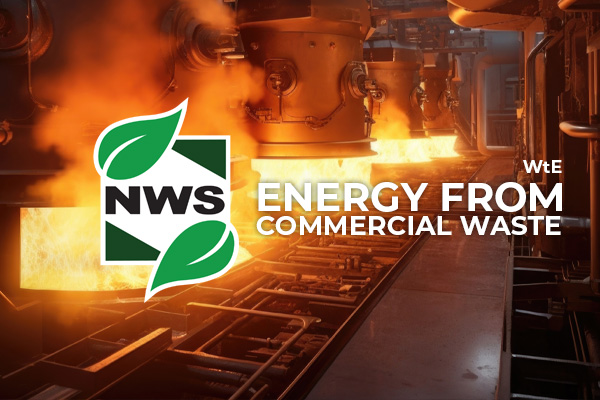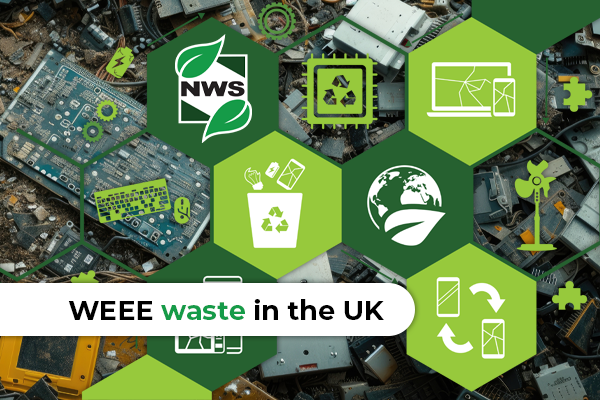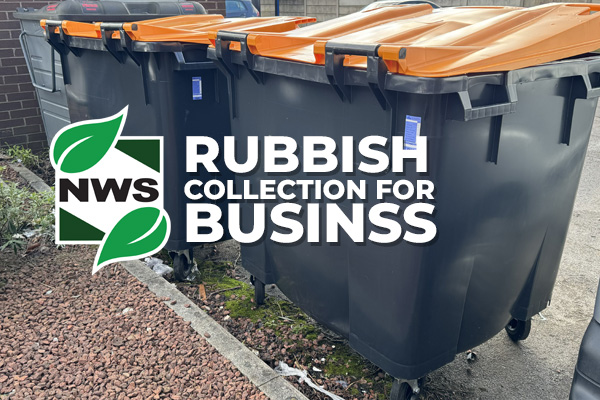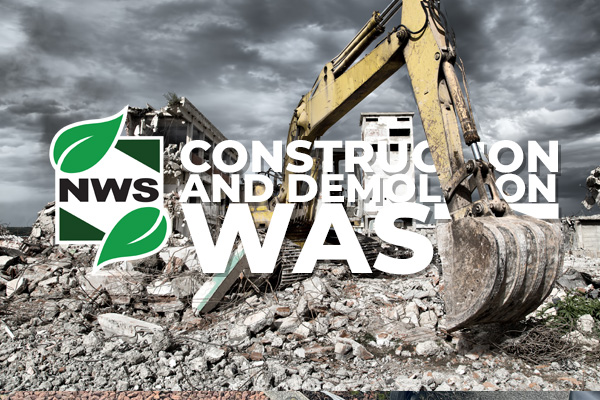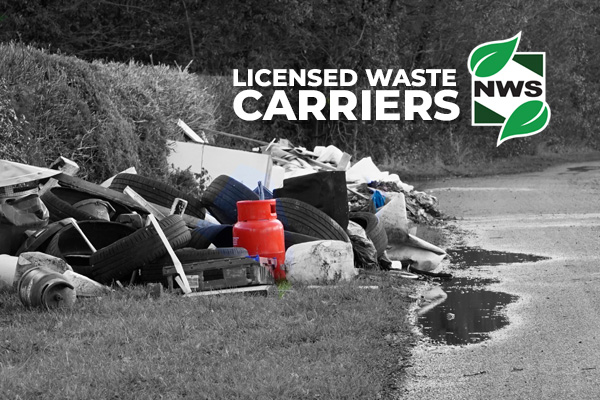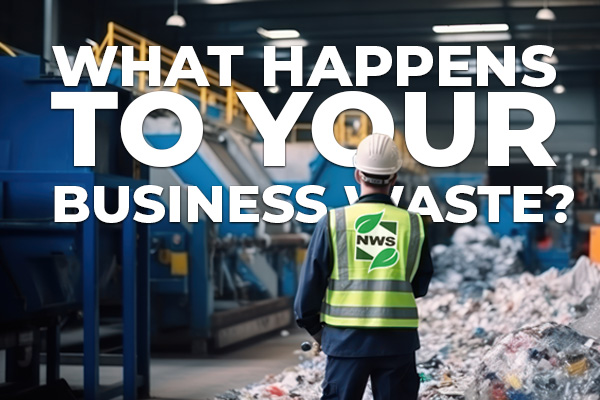In construction and demolition (C&D) projects waste management stands as a critical aspect that demands careful attention. The construction industry is a significant contributor to environmental degradation. Due to the vast amounts of waste it generates. Understanding how this waste is graded, removed, and managed is essential for sustainable development and environmental preservation. This Nationwide Waste Services article delves into the grading, removal, container usage. The transportation processes, environmental impacts, and solutions related to construction and demolition waste in the UK. Let’s discuss Construction and Demolition Waste.
Grading and Removal Process
Construction and demolition waste vary significantly in type and composition. This waste typically includes concrete, wood, metals, plastics, bricks, and other materials. To effectively manage this diverse array of waste, it’s essential to classify it based on recyclability, toxicity, and potential for reuse.
Grading waste involves sorting materials into categories such as recyclable, reusable, hazardous, and non-hazardous. This process ensures that materials with potential for reuse or recycling are separated from those destined for landfill.
Transportation
Once graded, the waste is removed from the site using specialised equipment such as skip loaders, excavators, and grab lorries. The choice of equipment depends on the volume and type of waste generated. For larger projects, Roll-on/Roll-off (RORO) containers are commonly used due to their capacity to handle substantial amounts of waste efficiently.
Construction and Demolition Waste Transportation
Containers play a pivotal role in construction and demolition waste management. RORO containers, in particular, are widely utilised for their convenience and capacity. These containers are designed to be transported by trucks equipped with hydraulic lift systems, allowing for easy loading and unloading of waste materials.
RORO containers come in various sizes, ranging from 15 to 40 cubic yards, accommodating different project scales and waste volumes. Their versatility makes them ideal for transporting bulky and heavy materials such as concrete, steel, and timber.
In addition to RORO containers, skips and bins are also commonly used for smaller-scale projects or when specific materials need to be segregated. These containers are available in different sizes and configurations, ensuring flexibility in Waste management operations.
Environmental Impacts and Solutions
The improper management of construction and demolition waste poses significant environmental challenges. Landfilling waste contributes to soil and water pollution, greenhouse gas emissions, and habitat destruction. Moreover, the extraction of raw materials for construction purposes depletes natural resources and exacerbates environmental degradation.
To mitigate these impacts, various strategies can be employed:
- Waste Reduction and Minimization: Implementing practices such as prefabrication, modular construction, and material optimization can minimize waste generation at the source.
- Reuse and Recycling: Promote the reuse and recycling of construction and demolition waste materials such as concrete, wood, and metals to conserve resources and reduce the demand for virgin materials.
- Waste Segregation: Proper segregation of waste streams at the source facilitates recycling and ensures that materials with recycling potential are diverted from landfill.
- Energy Recovery: Explore opportunities for energy recovery through processes such as waste-to-energy incineration or anaerobic digestion, which can harness the energy content of certain waste materials.
- Regulatory Compliance: Adhere to relevant regulations and standards governing waste management to ensure compliance and minimize environmental harm.
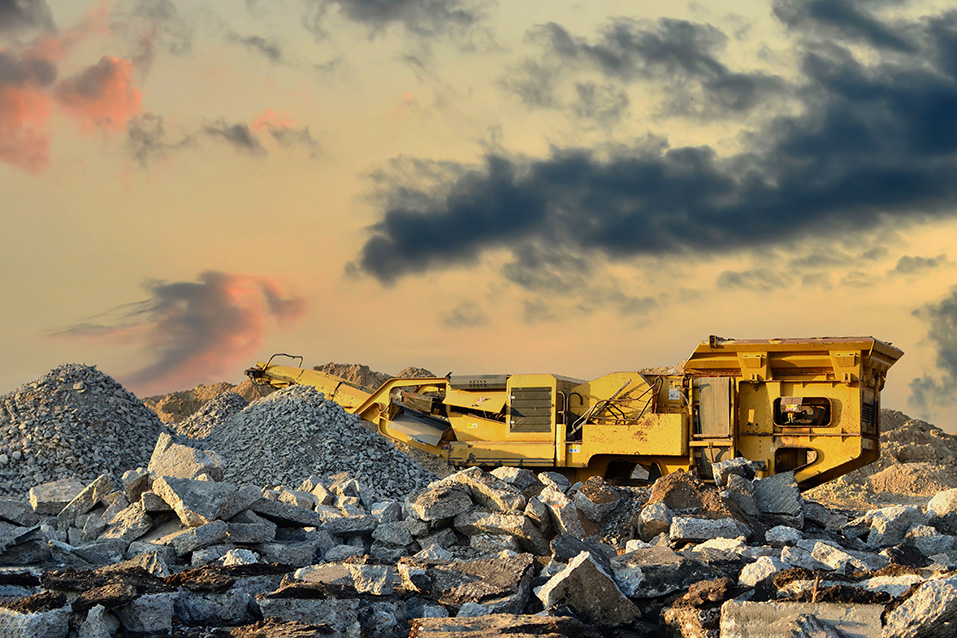
Nationwide Waste Services: RORO Containers and Exchanges
When it comes to Construction and Demolition Waste. RORO containers provided by Nationwide Waste Services are available in various sizes, allowing for efficient transportation and disposal of demolition waste. These containers are exchanged promptly, ensuring uninterrupted waste management operations throughout the project duration.

Furthermore, addressing environmental challenges associated with construction waste requires a concerted effort from industry stakeholders, regulatory bodies, and waste management service providers. Through innovative solutions and proactive measures, we can collectively strive towards a greener and more sustainable future for generations to come.
The Construction Waste Solution
Nationwide Waste Services offers comprehensive waste management solutions tailored to the needs of construction and demolition projects across the UK. Their services include the provision of RORO containers, skip hire, waste collection, and recycling facilities.
And Finally about your Construction and Demolition Waste
By partnering with Nationwide Waste Services, construction and demolition companies can benefit from competitive pricing, reliable service, and environmentally sustainable waste management practices. Comparative quotes from Nationwide Waste Services demonstrate their commitment to delivering cost-effective solutions without compromising on quality or environmental integrity.
Effective management of construction and demolition waste is essential for mitigating environmental impacts and promoting sustainable development. By employing proper grading, removal, container usage, and transportation processes, construction projects can minimize waste generation and maximize resource efficiency.
